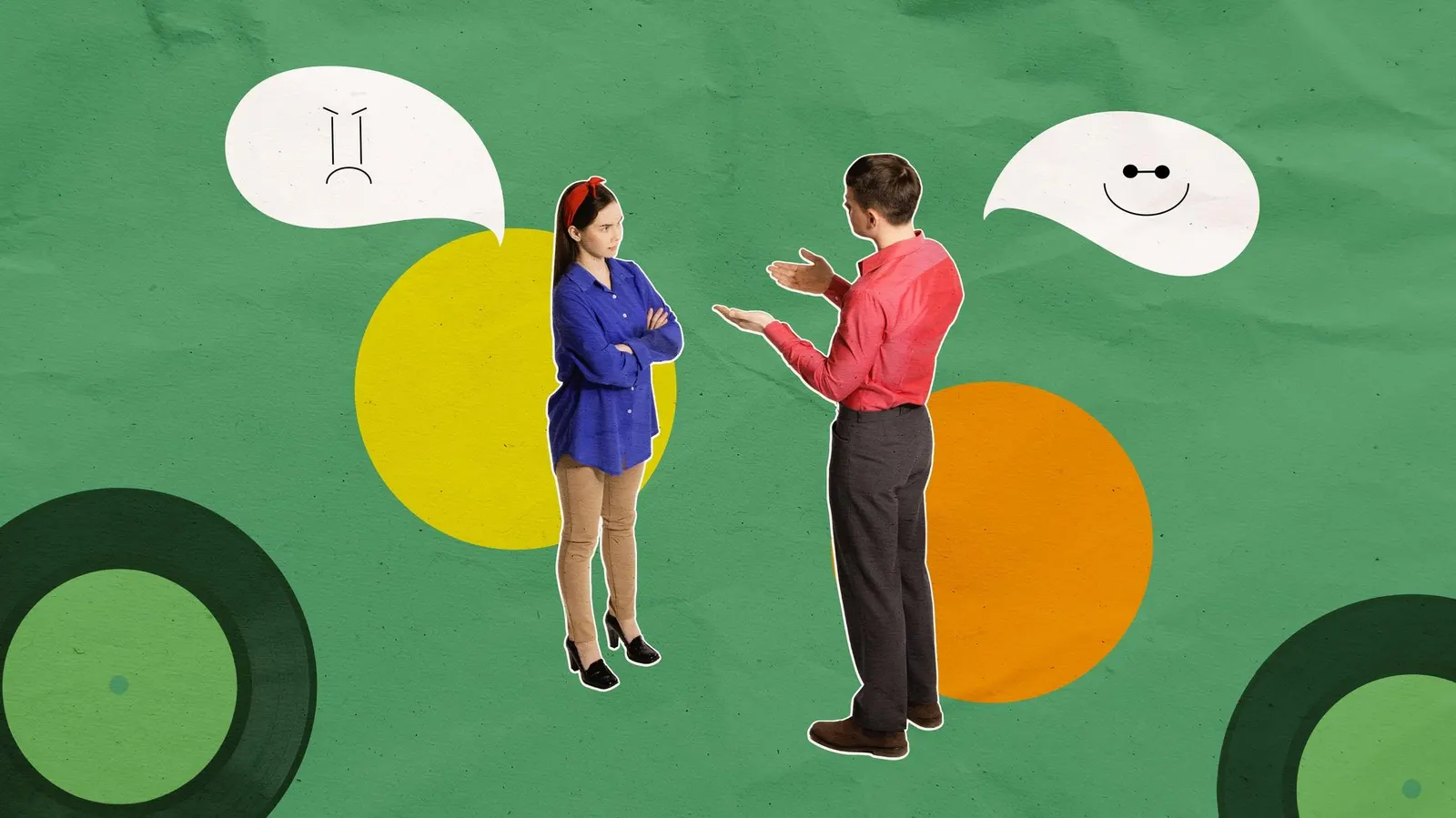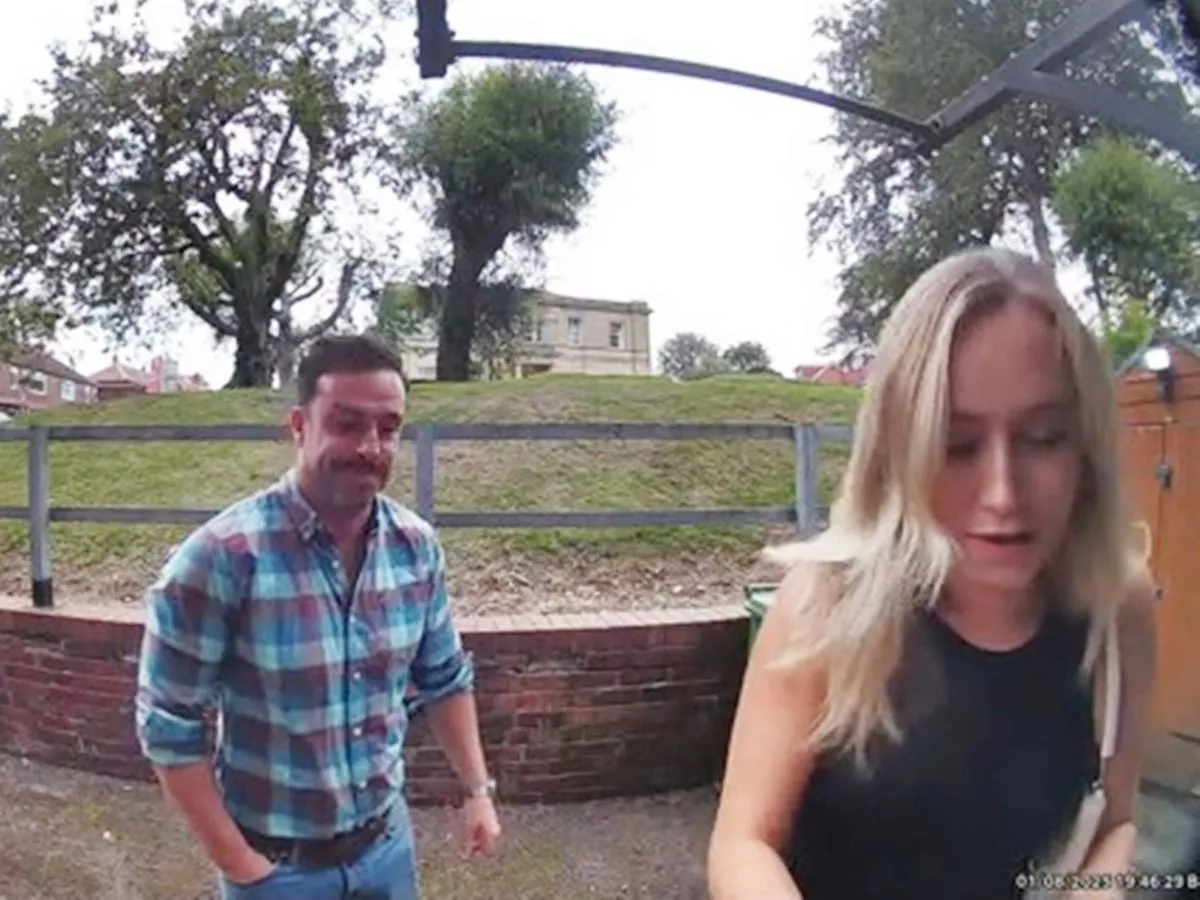Copyright forbes

Altering this small thing about the way you navigate daily interactions in your relationship can transform it for the better. And keep it steady for years to come. The most important thing you can do to have fulfilling, rich and authentic relationships is to be more honest with yourself. When you show up as yourself in a relationship, with honesty, you ensure that the love you receive is the love you deserve. You’re not pretending to be a version of you that feels “acceptable” to your partner. The wrong way to approach your relationship would be to fall in love with the idea of it, rather than what’s right in front of you. Many people fall into this trap by idealizing love as constant harmony, validation and emotional safety. The core belief being that “the right relationship” is supposed to look and feel a certain way and that both partners must act in ways that fit that ideal. Here are three small ways you can be more honest with yourself to improve the quality of your relationship. 1. Notice What You Feel Before You Explain It When your partner asks you how you feel today and your first instinct is to automatically reply, “I feel alright,” that’s a sign that you need to take a little pause and think before you jump to a response. Ask yourself, “Is that really what I’m feeling right now?” MORE FOR YOU You’ll notice that the more honest you are with yourself — for instance, about the things that make you scared or anxious — the easier it becomes to open up to your partner. Being honest with yourself stops you from bottling things up and pretending everything’s fine. Try to answer the question with complete openness. If you don’t feel fine, say exactly that instead of trying to make up a response that takes a mental shortcut and skips the heart-to-heart. Vulnerability alone can open up a conversation about what’s actually wrong; this invites your partner into your inner world and gives them an actual opening to enter it. In a recent study published in Social Psychological and Personality Science, with over 200 participants, researchers measured three aspects of couples’ daily lives: How much honesty each partner expressed How honest they thought their partner was being Whether both those perceptions matched reality The researchers found that expressing honesty and being seen as honest led to greater relationship satisfaction, better well-being and more motivation for partners to change; right away and, in some cases, over time. Interestingly, it didn’t matter if couples were “accurate” in perceiving each other’s honesty. The effects emerged as long as partners tried to be sincere, and that sincerity was perceived. Even when partners spoke hard truths — for instance, “I’d like you to change this behavior,” or, “I’m not happy about this part of our relationship” — and risked being rejected, the honesty of communication drew them closer and deepened trust. When you honestly acknowledge and recognize your own feelings and thoughts, you become clearer about your emotions. With this self-awareness, you express your authentic needs and boundaries to your partner in a way that minimizes misunderstandings; this, in turn, deepens your bond. 2. Catch Yourself When You’re Pretending You might ,at times, catch yourself saying what you think your partner wants to hear just to keep the peace. It might be in an attempt to curate your behavior to make them happy or to avoid rejection. No matter what the intention behind it is, however, the temporary harmony you create in such a situation will often result in resentment. What you can do instead is ask yourself: Am I doing this to connect, or to control how I’m seen? When you’re honest with yourself right off the bat, you’re much more likely to be more honest with your partner, even if it results in conflict. Because, regardless of the fight it may cause, at least what follows will be a real conversation. A 2020 study in the Journal of Social and Personal Relationships discovered that individuals with higher self-concept clarity — those who know their own traits, goals and values — are more open and honest with themselves during self-disclosure in romantic relationships. If you work toward becoming more aware and accepting of who you are, it is simpler to be that version of yourself in front of the most important person in your life, too. 3. Own Up To The Little Truths Before They Get Out of Hand Whether it’s, “I felt jealous when you texted her,” or, “I’m afraid you’ll leave,” sharing the little, uncomfortable-but-true statements as they arise can prevent emotional accumulation that later erupts as anger or withdrawal. When you own up to your own fears, insecurities and desires honestly, it allows you to share little truths before they get out of hand in bigger conflicts. This advanced form of sharing can take time and patience to master. However, developing it can help facilitate empathy from both sides and allow both partners to react positively to each other’s needs rather than letting it simmer or, later, burst all at once. Imagine, for instance, that your partner has a friend in their life whose presence makes you uncomfortable. You trust your partner completely and you don’t want to be perceived as petty, so you never bring it up to them. You tell yourself that it’s more trouble than it’s worth, so you carry on and maintain peace. Then, one day, in a heated and completely unrelated argument, you blurt out, “Why don’t you go live with your friend then, you agree with everything they say!” If you had been honest with your partner from the beginning, they might’ve taken steps to make you feel more comfortable or handled the situation another way. But since you bottled your feelings inside, you not only completely derailed the conversation, but you disrespected their friendship. This creates rifts that will take even more time to resolve. Happy and meaningful relationships are rarely ever perfect; more often than not, they’re complicated in their own way. They’re filled with missteps, misunderstandings and moments that test your self-control and self-awareness. They require vulnerability, self-reflection and development. Because in reality, it’s not about getting that perfect match; it’s about getting a genuine one, where two less-than-perfect people opt for honesty, empathy and understanding. Do you express your true self in your relationships or hide behind what feels “acceptable”? Take the free Authenticity In Relationships Scale to find out. Editorial StandardsReprints & Permissions



